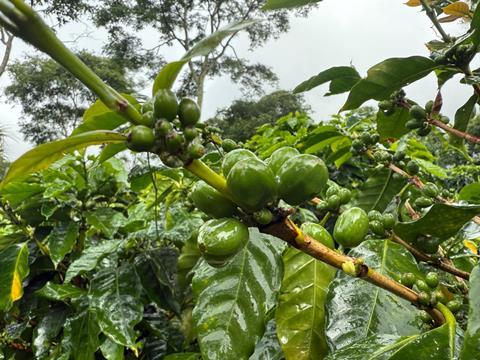
The Rainforest Alliance has developed a new regenerative agriculture standard, designed to help farmers and suppliers build more resilient livelihoods and restore ecosystems across tropical landscapes.
Coffee products carrying the sustainability-focused certification body’s new regenerative agriculture seal will begin hitting the market “early next year”, with the standard’s logo said to “signify to consumers that these products come from farms and companies that are committed to enriching the land and the lives of those who live off it”.
While initially available only for coffee, the Rainforest Alliance (RFA) said it planned to expand its certification to other crops including cocoa, citrus and tea throughout 2026.
The body’s announcement comes at a “critical time for global agriculture”, as extreme weather and ongoing environmental degradation continue to disrupt crop yields, supply reliability, and commodity markets.
It said these challenges, combined with growing socioeconomic pressures, were threatening the livelihoods of millions of coffee farmers – particularly smallholders, who produce over 70% of the world’s coffee.
RFA described regenerative agriculture as “a climate-smart approach to farming”, which was emerging as a promising solution to help restore nature’s essential functions while improving livelihoods, it said, citing recent research by international nonprofit Technoserve which suggested regenerative farming practices could improve grower incomes by up to 20% to 30%.
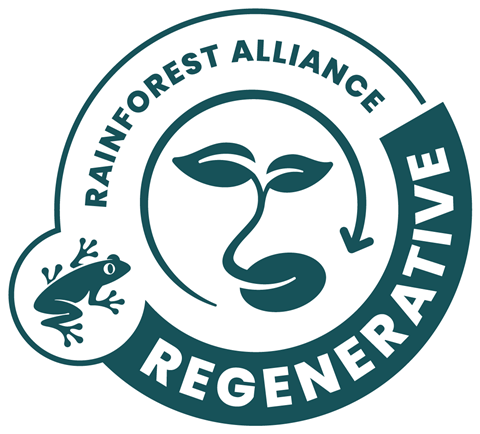
The new standard provided farmers with a clear, science-based certification pathway for measuring progress and outcomes across five impact areas: soil health and fertility, climate resilience, biodiversity, water stewardship and livelihoods, RFA claimed.
By implementing these practices effectively, coffee producers could “build more productive and resilient farms while unlocking new market opportunities through certification”, it added.
The standard is already being implemented across coffee farms in Brazil, Costa Rica, Mexico, and Nicaragua.
It comes amid an increasingly turbulent time for coffee farmers. Adverse weather, such as droughts in Brazil and typhoons in Vietnam, plus concern many coffee-growing business will not be compliant with the new EU Deforestation Regulation – due to come into force at the end of the year – are leading to a tightening of supply and soaring prices.
“Markets need to move beyond a ‘do no harm’ mindset to one that repairs and restores,” said Santiago Gowland, CEO of the Rainforest Alliance.
“Now is the time to transition to a new model of agriculture – one where every cup of coffee gives back more than it takes from the land and the people who care for it. After years of research and collaboration with farmers and companies, we are proud to introduce a regenerative agriculture certification to help drive this shift.”

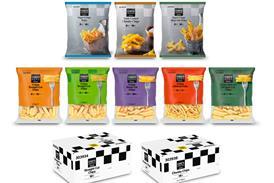
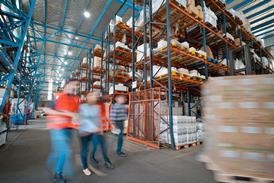

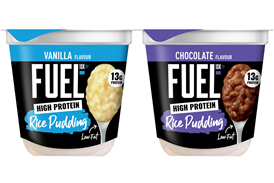



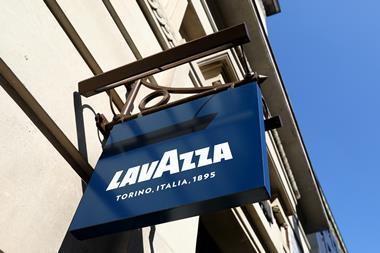
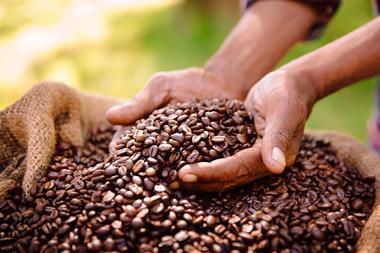
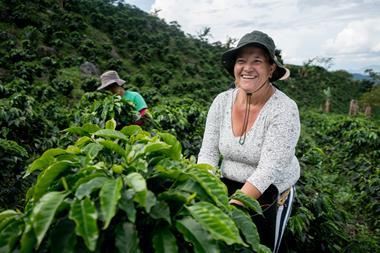
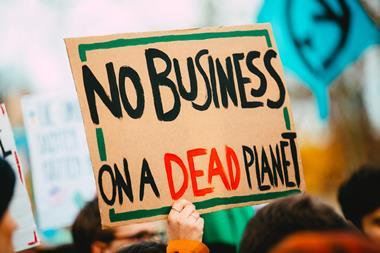
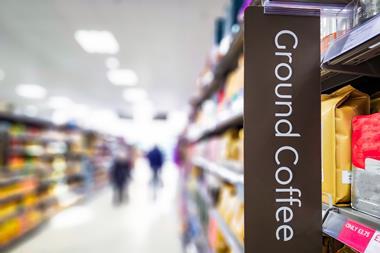






No comments yet